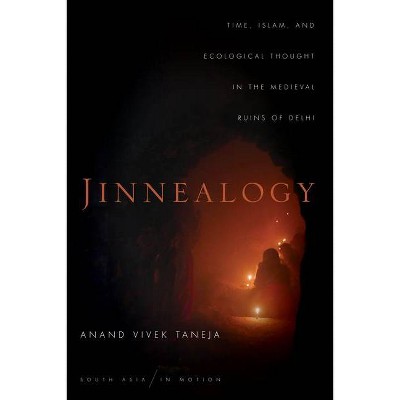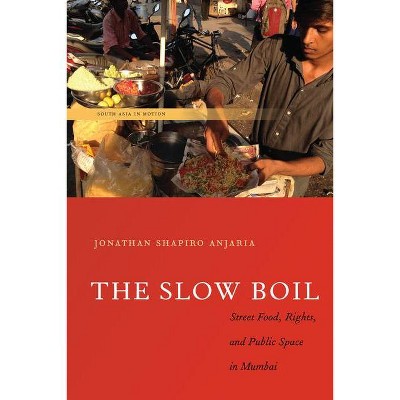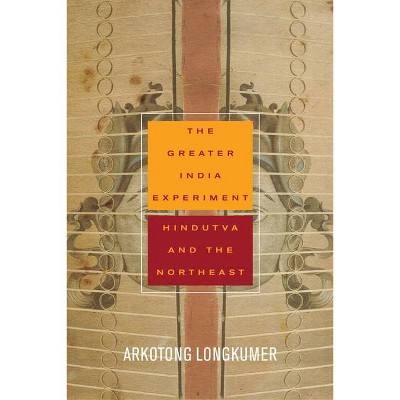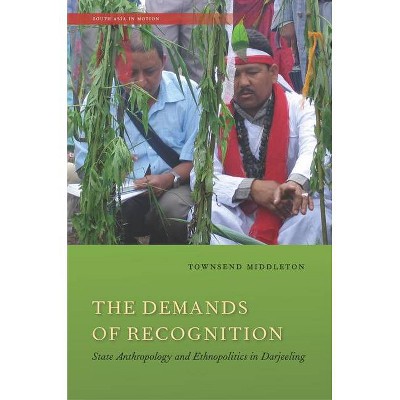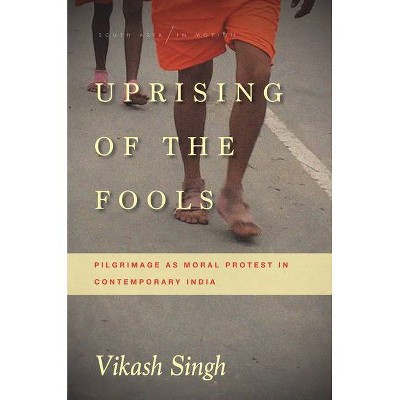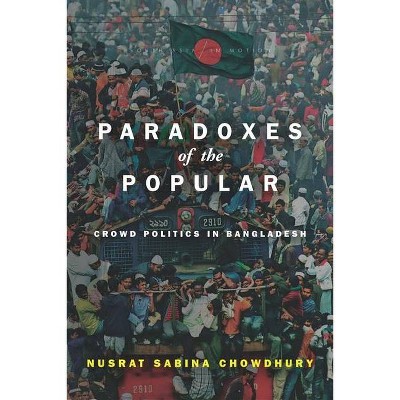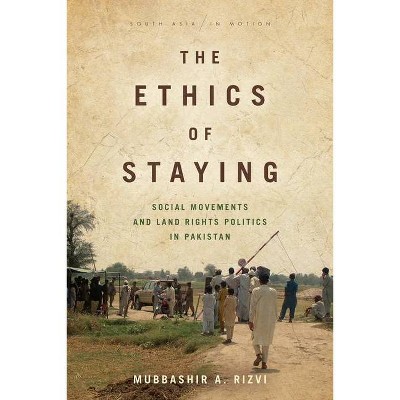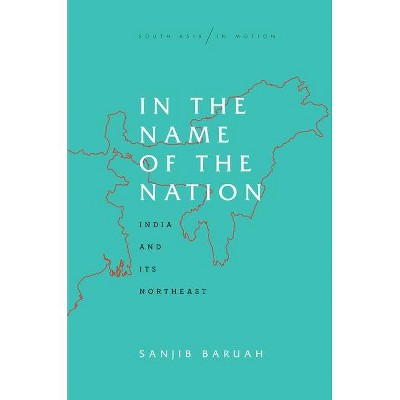Mafia Raj - (South Asia in Motion) (Paperback)
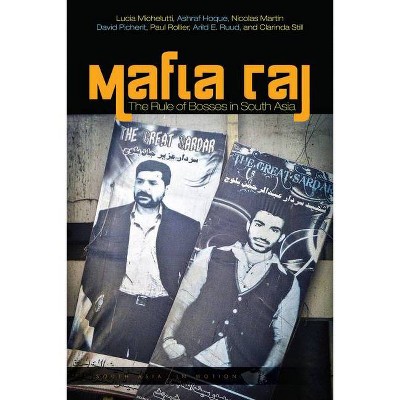
Similar Products
Products of same category from the store
AllProduct info
<p/><br></br><p><b> About the Book </b></p></br></br>Offering ethnographic depth that will be invaluable to students and scholars of politics and anthropology in South Asia, <i>Mafia Raj</i> examines the everyday workings of bosses across seven towns in India, Pakistan and Bangladesh. The authors craft a cogent, but uniquely multifaceted, view of the personal struggles for sovereignty of seven distinct types of strongmen as they ascend the ladder of power.<p/><br></br><p><b> Book Synopsis </b></p></br></br>Offering ethnographic depth that will be invaluable to students and scholars of politics and anthropology in South Asia, <i>Mafia Raj</i> examines the everyday workings of bosses across seven towns in India, Pakistan and Bangladesh. The authors craft a cogent, but uniquely multifaceted, view of the personal struggles for sovereignty of seven distinct types of strongmen as they ascend the ladder of power.<p/><br></br><p><b> Review Quotes </b></p></br></br><br>The authors, who are experts in anthropology and South Asian studies at several European institutions, illustrate the 'art of bossing'--techniques and methods used by such figures to climb to power and maintain their sovereignty. While some of these strategies are shared by their counterparts in different parts of the world, South Asian gangsters demonstrate a unique strength: their involvement in and utilization of electoral democracy, which, ironically, keeps them in power...This book is a timely scholarly work on a little-studied aspect of South Asian politics...Recommended.--A. Y. Lee "<i>CHOICE</i>"<br><br>Through meticulous and uniquely collaborative ethnography, <i>Mafia Raj</i> opens readers' eyes to the murky world of bosses in South Asia. With unforgettable portraits of the gangsters, politicians, hustlers, and extortionists dotting the region, this is the rare scholarly account that upends our commonly accepted notions of democracy, formality, and legitimacy.--Milan Vaishnav "Carnegie Endowment for International Peace"<br><br>Why does the figure of 'the boss, ' in its various guises, loom so large in South Asia? In answering this question, the authors of this engagingly written book make a path-breaking contribution to the study of South Asian politics.--John Harriss "Simon Fraser University"<br><p/><br></br><p><b> About the Author </b></p></br></br><b>Lucia Michelutti</b> is Professor of Anthropology at the University College London. <b>Ashraf Hoque</b> is Teaching Fellow in the Department of Anthropology at the University College London. <b>Nicolas Martin</b> is Assistant Professor at the University of Zurich. <b>David Picherit</b> is Research Fellow at the French National Centre for Scientific Research. <b>Paul Rollier</b> is Assistant Professor in South Asian Studies at the University of St. Gallen. <b>Arild E. Ruud</b> is Professor of South Asian Studies at the University of Oslo. <b>Clarinda Still</b> is Research Associate at the University College London.
Price History
Price Archive shows prices from various stores, lets you see history and find the cheapest. There is no actual sale on the website. For all support, inquiry and suggestion messagescommunication@pricearchive.us
